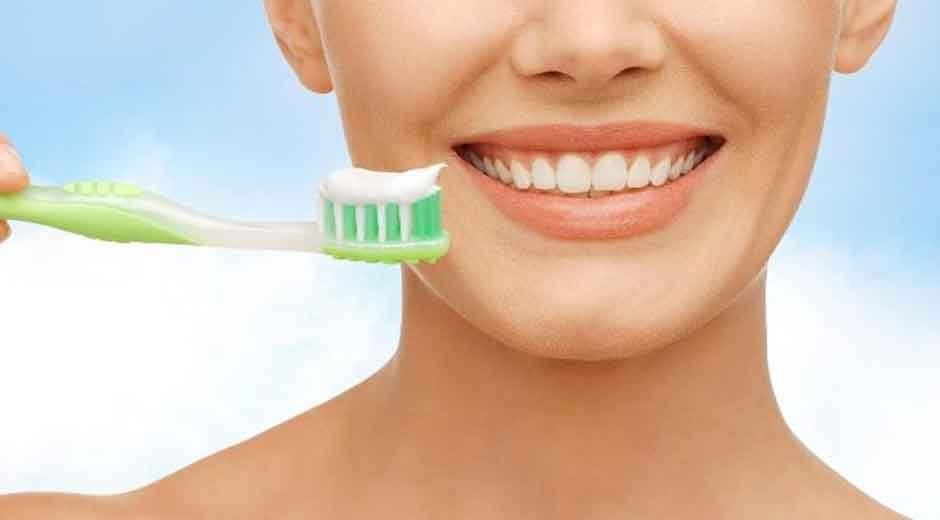Proper oral health is not just about having a bright smile; it plays a vital role in your overall well-being. Regular dental cleanings are one of the simplest yet most effective ways to maintain healthy teeth and gums while preventing major dental issues down the line. But how often should you really visit the dentist for a professional cleaning? This post dives into the recommended frequency for cleanings, the factors that may affect this schedule, and the many benefits you’ll enjoy by prioritizing your oral care.
Table of Contents
Why Dental Cleanings Are Essential
Before we get into the specifics of frequency, it’s important to highlight why dental cleanings matter. Even with excellent oral hygiene practices at home, like brushing and flossing, plaque and tartar can accumulate in hard-to-reach areas. Over time, this buildup can lead to tooth decay, gum disease, and even systemic health problems, including heart disease.
Professional cleanings not only remove these deposits but also allow your dentist to identify potential issues early, saving you from extensive procedures or discomfort later. Think of dental cleanings as routine maintenance for your oral health.
How Often Should You Visit for a Cleaning?
The general recommendation from dentists and organizations like the American Dental Association (ADA) is to schedule a dental cleaning every six months. Visiting your dentist twice a year provides consistent care, allowing a professional to monitor your oral health and perform a thorough cleaning to keep your teeth in optimal condition.
However, this “twice-a-year” rule isn’t set in stone. The ideal frequency can vary depending on individual factors, which we will discuss below.
Factors That Influence Cleaning Frequency
1. Oral Hygiene Habits
If you’re diligent about brushing and flossing daily, you might not need cleanings as often as someone who is less consistent. Strong oral hygiene habits can reduce plaque buildup, but no matter how thorough you are, professional cleanings are still necessary to target areas that your toothbrush and floss might miss.
2. Diet
What you eat can significantly impact your oral health. Diets high in sugar or acidic foods and drinks (think soda, coffee, and candy) can make you more prone to cavities and erosion. If your diet leans toward these items, you may benefit from more frequent cleanings to counteract their effects.
3. Medical Conditions
Certain medical conditions, such as diabetes, pregnancy, or autoimmune disorders, can increase your risk for gum disease and other oral health problems. People with these conditions might need cleanings more often than twice a year to prevent complications.
Additionally, those who take medications causing dry mouth—which limits saliva production and increases the risk of decay and infection—should consult their dentist about more frequent cleanings.
4. Genetic Factors
Your family history also plays a role. If your parents or siblings have a history of gum disease, cavities, or other dental issues, there’s a higher chance you may face similar challenges. Genetic susceptibility may mean you need more frequent trips to the dentist.
Signs You May Need a Cleaning ASAP
Even if your regular appointment isn’t due for a while, there are instances when you should schedule a cleaning sooner. Here are some signs to watch for:
- Persistent bad breath that doesn’t go away after brushing.
- Gums that bleed during brushing or look red and swollen.
- A feeling of roughness on your teeth, usually from tartar buildup.
- Pain or sensitivity when eating or drinking.
- Spots or stains are visible on your teeth.
If you notice any of these signs, it’s worth contacting your dentist to ensure your oral health isn’t at risk.
What to Expect During a Dental Cleaning
If it’s been a while since your last cleaning, you might wonder what the process involves. A typical cleaning session at your dentist’s office, like those in Lafayette, includes several key steps:
- Examination: Your dentist takes a close look at your teeth and gums to check for any obvious issues like cavities or gum inflammation.
- Scaling: Using specialized tools, they will remove plaque and tartar buildup from the surface of your teeth and below the gumline.
- Polishing: Your teeth are polished with a gritty toothpaste to remove stains and further clean the surface.
- Fluoride Treatment(optional): Some dentists may finish your session with a fluoride treatment to strengthen your enamel and protect against future decay.
This process is generally painless and ensures your teeth remain clean and healthy between visits.
The Benefits of Regular Dental Cleanings
Wondering if dental cleanings are worth it? Here’s what you can gain by making them a priority:
- Preventing Cavities: By removing plaque, you reduce the risk of cavities forming.
- Avoiding Gum Disease: Gum disease can lead to tooth loss and affect your overall health. Regular cleanings keep your gums healthier for longer.
- Brighter Smile: Stain removal during cleaning helps your teeth look better, boosting your confidence.
- Early Detection of Issues: Your dentist can detect potential problems early, saving you from costlier and more invasive treatments.
- Improved Overall Health: A healthy mouth is directly linked to better overall health, lowering the risk of conditions like heart disease and diabetes.
Conclusion
Whether you’re a regular brusher or could improve your oral hygiene, dental cleanings are key to protecting your health. While the six-month guideline works for most, your needs may vary based on habits, diet, or genetics. If it’s been a while since your last cleaning or you’re unsure of the best schedule, contact your dentist to create a plan. Don’t wait for problems—schedule your next cleaning today and keep your smile healthy.
If you’re also considering restorative treatments, a quick online search using terms like “dental implants port charlotte fl” or “tooth replacement options near me” can help you find trusted local providers. These searches can guide you toward solutions that support both your oral health and your smile’s appearance.
